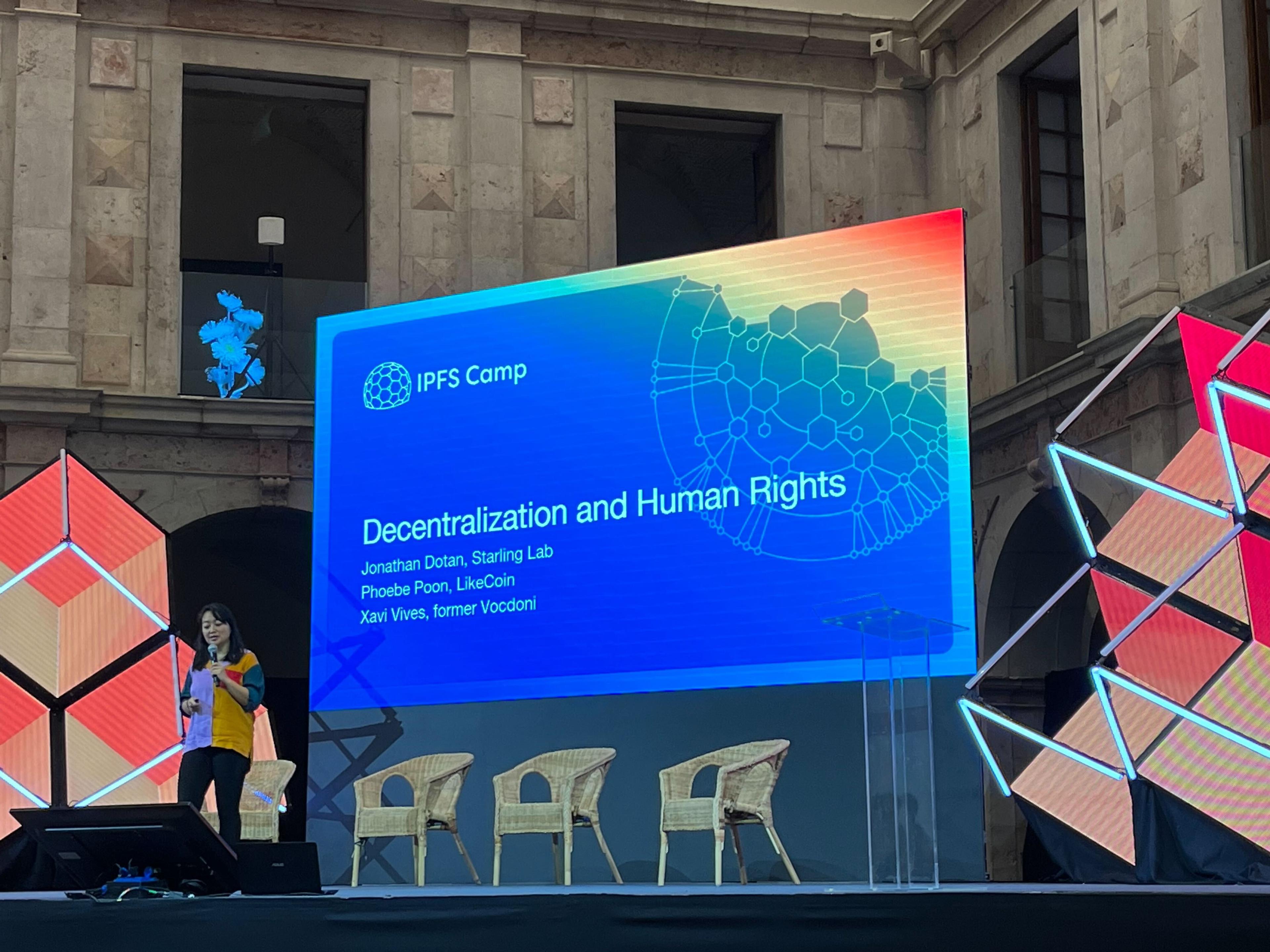
A better way to better work: 3 founding principles for Little Bear Labs
I grew up with a startup in the basement — my dad’s online consumer goods store. Back in the early dot-com era, the idea of buying stuff from someone you’d never met was a scary innovation for a lot of people. Working for my dad’s company is where I fell in love with software engineering: creating tools to deliver on technology’s promise to make connecting with other people easier.
But I didn’t think of myself as an entrepreneur in my own right. I headed into a pretty traditional silicon valley career, with stints at Yahoo! and Mozilla. I learned a lot about my craft as an engineer — but I also learned that the long hours and narrow focus on one company’s products didn’t allow me to do everything that mattered to me.
After my second kid was born, I was at a crossroads. I wanted a place where I could do interesting work that was rewarding, not draining. I was in that space where you’re dreaming about something without reality being a factor, so you can actually envision what you want without constraints. My dad had always told me I could do more for my family — and make a bigger impact in the world — by founding my own company, and I decided it was time to figure out how to do it.
The vision that came together wasn’t just about what I wanted to build — it was about how I wanted to work with colleagues and clients. Of course, I needed a name to start building a business. The name I originally wanted was copyrighted by someone else, so I had to think of something new. That’s not a very cool story. But what is cool is that it led me to land on something that truly reflects what the company is now: a constellation of experts coming together to create something bigger, better, brighter.
Little Bear Labs has evolved a lot over the years, and three core principles have remained beacons from the start.
1. Interesting work with awesome people
At the outset, I was doing what most entrepreneurs do at first — taking on everything myself and putting in 80-hour weeks. That’s not sustainable, so when it was time to scale up Little Bear Labs, I focused on two things: the kinds of projects I wanted to work on and the people I wanted to work with.
Every person you bring into your vision brings a unique set of skills. It’s a super fun challenge to figure out how to best apply them so everyone benefits: the individual, the business, and our clients. As we’ve grown, we’ve added more and more breadth of expertise. And that’s affected the flavor of our work, allowing us to take on a wider range of projects more aligned with our vision.
The people who’ve joined Little Bear Labs want to work on something meaningful and challenging — and those are the kinds of projects I pursue. I love giving people opportunities like that, and it’s important to me personally as well. After all, I’m an engineer, so I like to build. As a team, we’re not just looking at the future — we’re building it together.
2. Remote collaboration
Little Bear Labs was a fully remote company from the start. It was a matter of wanting to get more done. I used to commute for three hours a day; working at home gave me back that time. And creative developers are happier and produce better when they have freedom to balance the need for extreme collaboration and extreme focus. So a remote team isn’t just about work-life balance (although that’s important, too) — it’s genuinely a competitive advantage.
The whole industry has moved in this direction now, so it’s interesting to reflect on how big a deal it used to be. Just a few years back, we’d get hundreds of applications for a remote job posting, because that kind of opportunity was hard to find. Who knows, maybe my passion for improving real-time applications began when I recognized that remote collaboration is just a better way to work.
3. Open source development
Coming out of Mozilla, open source was baked into my identity. I saw first hand how important it was to collaborate with peers in other companies to build something excellent. And I see it in the work we do with clients every day at Little Bear Labs.
You don’t have to be a bleeding-heart open source devotee to recognize that the collective expertise of developers from all over the world lets us all do exponentially more. A lot of the satisfaction of engineering for everyone at Little Bear Labs is getting better at our craft and seeing how much cool stuff we can do. That means making contributions to the industry as a whole, not just a single company.
Evolving a better way of working
It’s funny to start something with an intention and then look back five years later to see how much has actually come true. People who genuinely enjoy working with each other, interesting and meaningful projects, delivering excellence for our clients, seeing how far we can reach, and going even beyond what we thought was possible.
And even as we grow, I’m not very interested in bigger at all costs. I’m interested in better at all times. Working the way we do is just inherently rewarding, personally and professionally. Like chosen family, you get to pick who you want to be part of your universe. For me, building this company is also building community, among my colleagues, our clients, and the wider open source world. And doing that in a way that makes business sense on a practical level — because that’s how we get to take seemingly impossible ideas and make them into reality.

